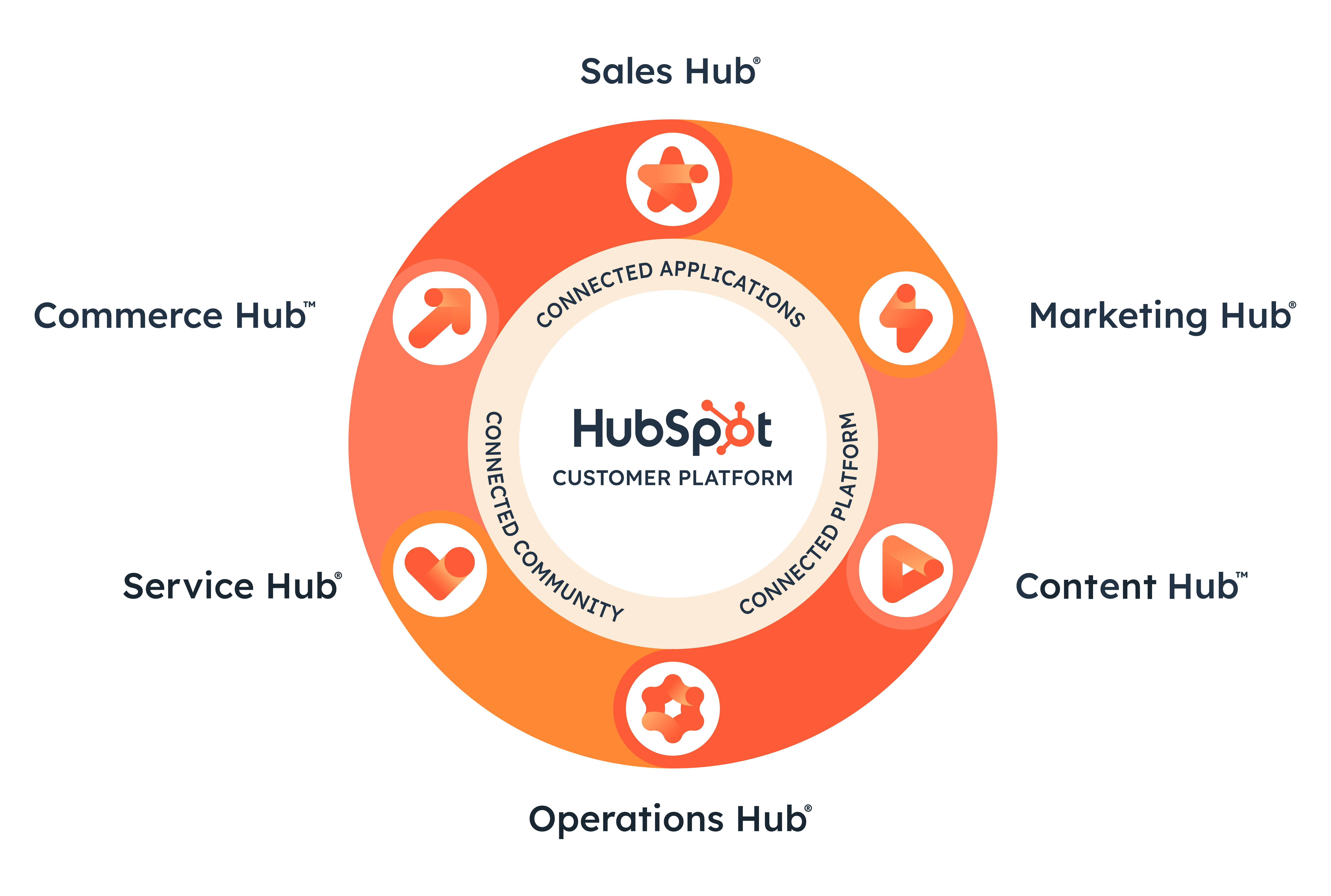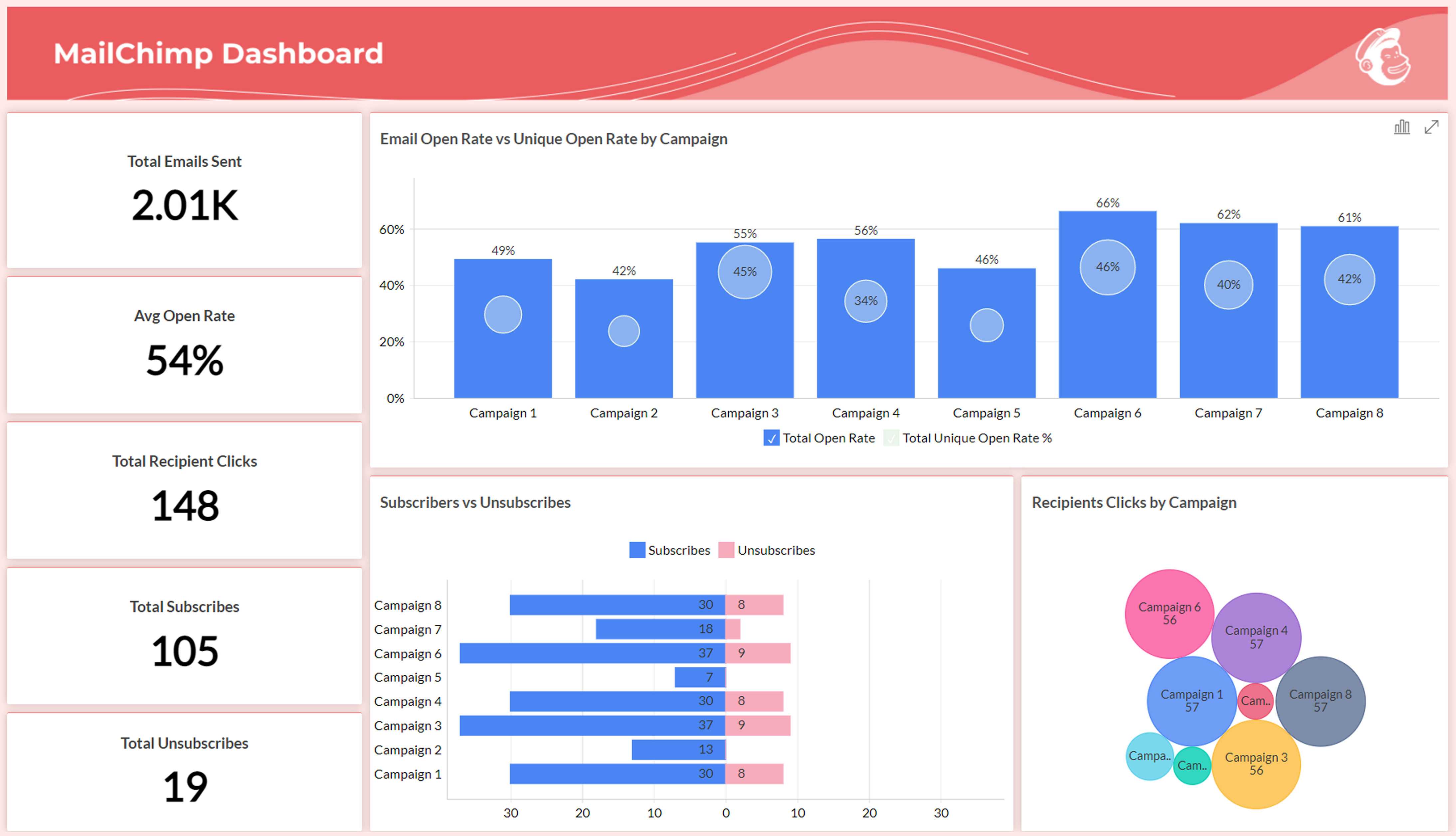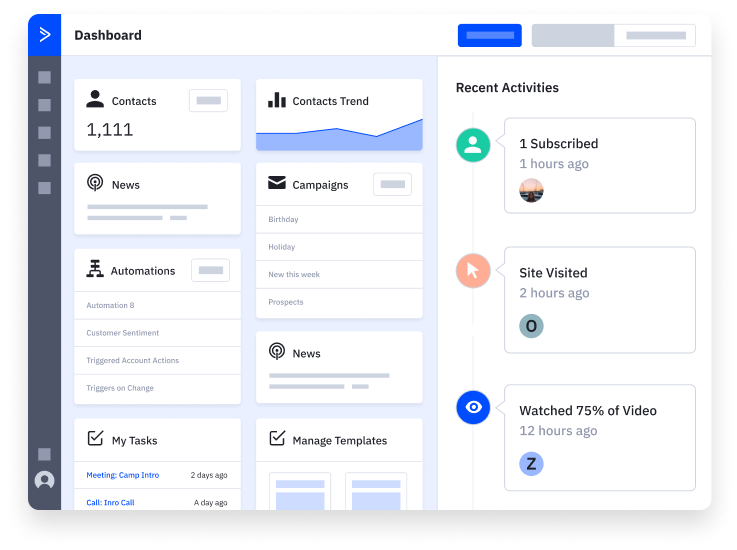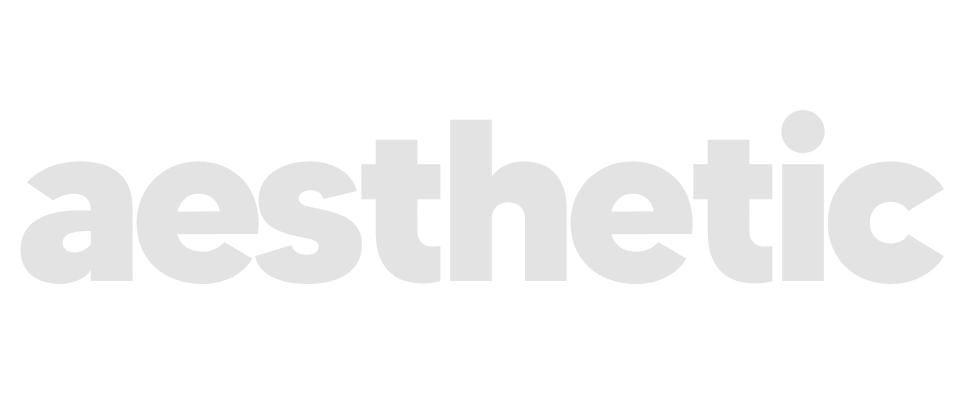Have you ever wondered why, in this era of new digital marketing technologies, email marketing benefits in 2024 continue to play such an important role in a business’s strategy? Yes, many business owners and marketers are still on the fence, asking whether email marketing is still relevant. The short answer is a resounding “yes,” and here’s why.
According to Statista, In 2024, e-mail marketing revenue is expected to exceed 9.5 billion US dollars. But with so many platforms available, from HubSpot and Klaviyo to MailChimp and ActiveCampaign, how do you choose the right one for your business size and email volume? This article will break down what email marketing is, why it’s crucial for your success, and provide a detailed comparison of top platforms, highlighting their features, pros, cons, and pricing structures. By the end, you’ll have clear recommendations tailored to different business sizes, ensuring you select the best tool to maximise your email marketing efforts.

Why Email Marketing Benefits 2024 are Crucial
Email marketing is much more than simply sending mass emails to a list of contacts. It is a strategic communication method that enables organisations to interact directly with their target audience, generating leads and developing long-term partnerships. This marketing discipline involves sending messages via email to improve a company’s connection with present or prior consumers, encourage customer loyalty and repeat business, acquire new customers, or persuade current customers to buy something immediately. Effective email-age marketing utilises personalised emails designed to resonate with different segments of your audience based on their specific interests, behaviours, and needs. It’s a form of direct marketing that is not only cost-effective but also provides measurable data. From open rates and click-through rates to conversions and ROI, every aspect of an email campaign can be tracked and optimised based on the insights gathered.
By integrating email marketing into your overall marketing strategy, you can deliver targeted messages that are crafted to appeal directly to the needs and interests of your audience. Whether it’s promotional emails about sales or product launches, informational newsletters providing valuable content, or automated messages triggered by specific actions like signing up for a service or abandoning a shopping cart, email marketing serves as a versatile tool for building and maintaining customer engagement.
Why is Email Marketing Important?
Email marketing is not just a tactic of the past; it remains one of the most effective ways to reach customers today. Its importance in a business’s marketing strategy can be summed up by a few compelling reasons and backed by significant statistics.
Direct Access to Your Audience
One of the key email marketing benefits in 2024 is its direct access to your audience. Unlike social media where algorithms affect who sees your content, emails land directly in a person’s inbox. This ensures that your message is more likely to be seen, read, and acted upon. It’s a personal, direct, and highly customisable form of communication.
Cost-Effective with High ROI
Among the email marketing benefits in 2024, cost-effectiveness and high ROI stand out. Compared to other marketing channels, email marketing often requires a lower investment – both in terms of time and money. Yet, it consistently delivers excellent returns. According to a survey by the Direct Marketing Association, the median email marketing ROI is 122%, which is significantly higher than other marketing channels.
Encourages Customer Engagement and Retention
Emails can serve a variety of purposes: to inform, engage, or even entertain your audience. Well-crafted emails encourage recipients to take action, whether that’s visiting a website, participating in a survey, or making a purchase. Regular communication through emails helps keep your brand at the forefront of customers’ minds, increasing the likelihood of repeat purchases and fostering brand loyalty.
Measurable and Optimisable
With email marketing, every aspect of your campaigns can be measured—from open rates and click-through rates to conversions and beyond. This wealth of data allows marketers to analyse performance and optimise future campaigns for better results. Testing different subject lines, email content, and send times can help refine strategies and enhance engagement.
Segmentation and Personalisation
Email marketing tools allow for sophisticated segmentation and personalisation. By tailoring messages based on user behaviour, demographics, or past purchases, businesses can significantly increase the relevance and effectiveness of their campaigns. Personalised emails deliver six times higher transaction rates than non-personalised messages.
Supports Other Marketing Channels
Email marketing complements and enhances other marketing efforts. It can drive content promotion, support social media campaigns, and help integrate multi-channel campaigns by providing a consistent message across all platforms.

Overview of Top Email Marketing Platforms
Choosing the right email marketing platform is crucial as it directly impacts the effectiveness of your campaigns. Here, we’ll cover some of the most popular platforms: HubSpot, Klaviyo, MailChimp, and ActiveCampaign, providing insights into their features, advantages, and disadvantages.
HubSpot
Features:
- Comprehensive CRM integration that aligns email marketing with sales and service data.
- Advanced personalisation capabilities and automation workflows.
- Detailed analytics and performance reporting tools.
Pros:
- Seamless integration with other HubSpot tools provides a unified marketing approach.
- Intuitive and user-friendly interface suitable for beginners and professionals alike.
- Strong support and extensive educational resources.
Cons:
- Higher cost compared to some other platforms, especially as needs scale.
- May include features that small businesses do not require, making it less cost-effective for them.

Klaviyo
Features:
- Focus on e-commerce businesses with advanced segmentation based on shopping behaviour and transaction histories.
- Real-time data syncing and powerful automation tools.
- Built-in A/B testing and robust reporting features.
Pros:
- Deep integration with e-commerce platforms like Shopify and WooCommerce.
- Dynamic content features that can customise emails based on user behaviour.
- Excellent for targeted campaigns and high conversion rates in retail.
Cons:
- Can be pricey for larger email lists.
- Somewhat steeper learning curve due to its extensive features.
MailChimp
Features:
- Versatile platform with tools for email campaigns, automation, ads, and landing pages.
- Built-in design and content creation tools.
- Comprehensive analytics and user-friendly dashboard.
Pros:
- Free tier is available, making it ideal for startups and small businesses.
- Broad range of integrations with other apps and services.
- User-friendly for beginners with drag-and-drop email builders.
Cons:
- As businesses grow, the pricing can become less competitive.
- Some users report limitations in automation capabilities for complex strategies.

ActiveCampaign
Features:
- Advanced automation and CRM capabilities tailored for customer experience automation.
- Detailed site tracking and event-based triggers for emails.
- Extensive segmentation options and multichannel messaging.
Pros:
- Extremely powerful automation tools, ideal for nurturing customer relationships.
- Good option for mid-size to large businesses with complex marketing needs.
- Excellent deliverability rates and customer service.
Cons:
- Can be complex for users new to email marketing.
- Users can escalate quickly as additional features and contacts are added.

MailerLite
Features:
- Intuitive drag-and-drop email editor and campaign builder.
- Comprehensive suite of automation tools, including advanced segmentation, A/B testing, and personalization options.
- Built-in photo editing and file manager, along with detailed campaign reporting and analytics.
Pros:
- User-friendly interface, ideal for small to medium-sized businesses.
- Offers a generous free plan suitable for startups, including access to most features and up to 1,000 subscribers.
- Strong support for e-commerce platforms through integrations with Shopify, WooCommerce, and others.
Cons:
- While scalable, it might lack some of the enterprise-level features found in platforms like HubSpot.
- Users with very large email lists may find the pricing structure less favourable as their needs grow.

User Reviews and Feedback
Understanding what current users think about these email marketing platforms can provide invaluable insights into their real-world applications and efficacy. Here’s a summary of user feedback for each platform:
HubSpot
Feedback:
Users often praise HubSpot for its comprehensive set of tools that not only handle email marketing but also tie into a broader marketing ecosystem. The learning curve is generally considered reasonable, and the extensive resources provided help users maximise their use of the platform. Some criticism is directed towards its pricing, as it can become quite expensive as a business grows and requires more advanced features.
Klaviyo
Feedback:
Klaviyo receives high marks for its deep integration with e-commerce systems, making it a favourite among online retailers. Users appreciate the platform’s ability to leverage customer data for highly targeted and effective campaigns. However, some users find the platform somewhat complex and the pricing a bit steep as the contact list grows.
MailChimp
Feedback:
MailChimp is frequently lauded for its user-friendly interface and strong design tools, making it an excellent choice for those new to email marketing. The free tier is especially popular among small businesses and startups. On the downside, some advanced marketers wish for more robust automation features and find the platform somewhat limiting as their marketing strategies evolve.
ActiveCampaign
Feedback:
ActiveCampaign is highly regarded for its advanced automation capabilities and excellent customer support. It’s seen as a powerful tool for businesses that are serious about leveraging complex marketing funnels. However, the platform’s richness in features can be overwhelming for beginners and the cost may become a barrier for smaller businesses.
MailerLite
Feedback:
MailerLite is often praised for its ease of use and excellent customer support. Users appreciate the platform’s cost-effectiveness for smaller email lists. However, some advanced marketers may find the automation features somewhat basic compared to more specialised tools like ActiveCampaign.
Pricing Structures
Here’s a quick breakdown of the pricing for each platform to help you make a cost-effective decision:
HubSpot
Starter Plan: Starts at $45/month, and includes basic marketing automation features and email marketing capabilities.
Professional Plan: Starts at $800/month, and includes advanced segmentation, reporting, and A/B testing features.
Enterprise Plan: Starts at $3,200/month, designed for large organisations requiring extensive marketing automation.
Klaviyo
Free to Start: Allows up to 250 contacts and 500 email sends.
Paid Plans: Start at $20/month and increase based on the number of contacts; includes more advanced features.
MailChimp
Free Plan: Up to 2,000 contacts and 10,000 emails per month.
Essentials Plan: Starts at $9.99/month, and includes more customisation options and support.
Standard Plan: Starts at $14.99/month, adds advanced automation and integrations.
ActiveCampaign
Lite Plan: Starts at $15/month for up to 500 contacts.
Plus Plan: Starts at $70/month, and includes CRM and lead scoring.
Professional Plan: Starts at $159/month, adds machine learning capabilities and predictive sending.
MailerLite
Free Plan: Starts at $0/month, suitable for new users with basic email marketing needs up to 1,000 subscribers.
Growing Business Plan: Starts at $10/month, adds features like unlimited websites and dynamic emails, aimed at growing businesses.
Advanced Plan: Starts at $20/month, includes advanced features such as Facebook integration and AI writing assistance for larger scale operations.
Enterprise Plan: Custom pricing, designed for large businesses with needs for dedicated support and comprehensive marketing automation tools.
Recommendations Based on Business Size and Email Volume
Choosing the right email marketing platform depends heavily on your business size, the volume of emails you plan to send, and your specific marketing needs. Here’s a practical guide to help you make the best choice:
Small to Medium-Sized Businesses Sending Less Than 200 Emails Per Month
Recommended Platform: MailChimp
Why: MailChimp’s free plan is perfect for small businesses that are just starting or have a limited need for email sends. It offers a user-friendly interface and basic features that help businesses get the hang of email marketing without overwhelming them.
Benefits: Access to design templates, basic automation, and analytics without any cost.
Recommended Platform: MailerLite
Why: MailerLite is well-suited for small to medium-sized businesses that send fewer than 200 emails per month. It provides an intuitive platform that simplifies email marketing, making it accessible for businesses with minimal marketing resources or those just starting.
Benefits: MailerLite offers cost-effective solutions with features like basic email automation, straightforward analytics, and a range of design templates. These tools help businesses launch and manage email campaigns efficiently, without needing advanced technical skills.
Medium-Sized Businesses Sending Regular Campaigns
Recommended Platform: Klaviyo
Why: For businesses in the e-commerce sector or those that require more sophisticated segmentation and targeting, Klaviyo offers powerful tools to personalise campaigns and analyse customer behaviour effectively.
Benefits: Advanced analytics, integration with e-commerce platforms, and dynamic content capabilities that drive higher conversion rates.
Large Businesses with Extensive Marketing Needs
Recommended Platform: HubSpot
Why: HubSpot is ideal for larger businesses that require a comprehensive suite of marketing tools beyond email. Its integration across CRM, sales, and service hubs provides a unified platform to streamline all marketing efforts.
Benefits: Deep analytics, advanced personalization, and a plethora of automation tools that cater to complex marketing strategies.
Businesses Requiring Advanced Automation and Integration
Recommended Platform: ActiveCampaign
Why: If your business relies heavily on advanced automation and customer relationship management, ActiveCampaign offers sophisticated tools that can tailor communications based on intricate customer behaviours and preferences.
Benefits: Best-in-class automation, excellent customer segmentation, and multi-channel messaging capabilities.

Moving Forward!
Understanding email marketing benefits in 2024 will help you optimise your marketing strategy. By understanding your business’s specific needs and considering the size and scope of your email campaigns, you can select a platform that not only fits your budget but also enhances your marketing effectiveness. Whether you’re a small business experimenting with your first campaign or a large enterprise seeking to optimise a complex strategy, there is an email marketing tool out there that fits your needs perfectly.
Remember, the key is to start simple, learn from your interactions, and gradually scale up as your familiarity and confidence grow. Email marketing is not just about sending messages; it’s about creating connections, and choosing the right tool will help you forge those connections more effectively. To get ahead of your business marketing strategies, learn more from these blogs Effective Marketing Strategies for Freelance Digital Donald Miller’s Storybrand: Transform Your Marketing Strategy




